Home>Interior Design>Does A Clean House Make You Happier? The Definitive Answer
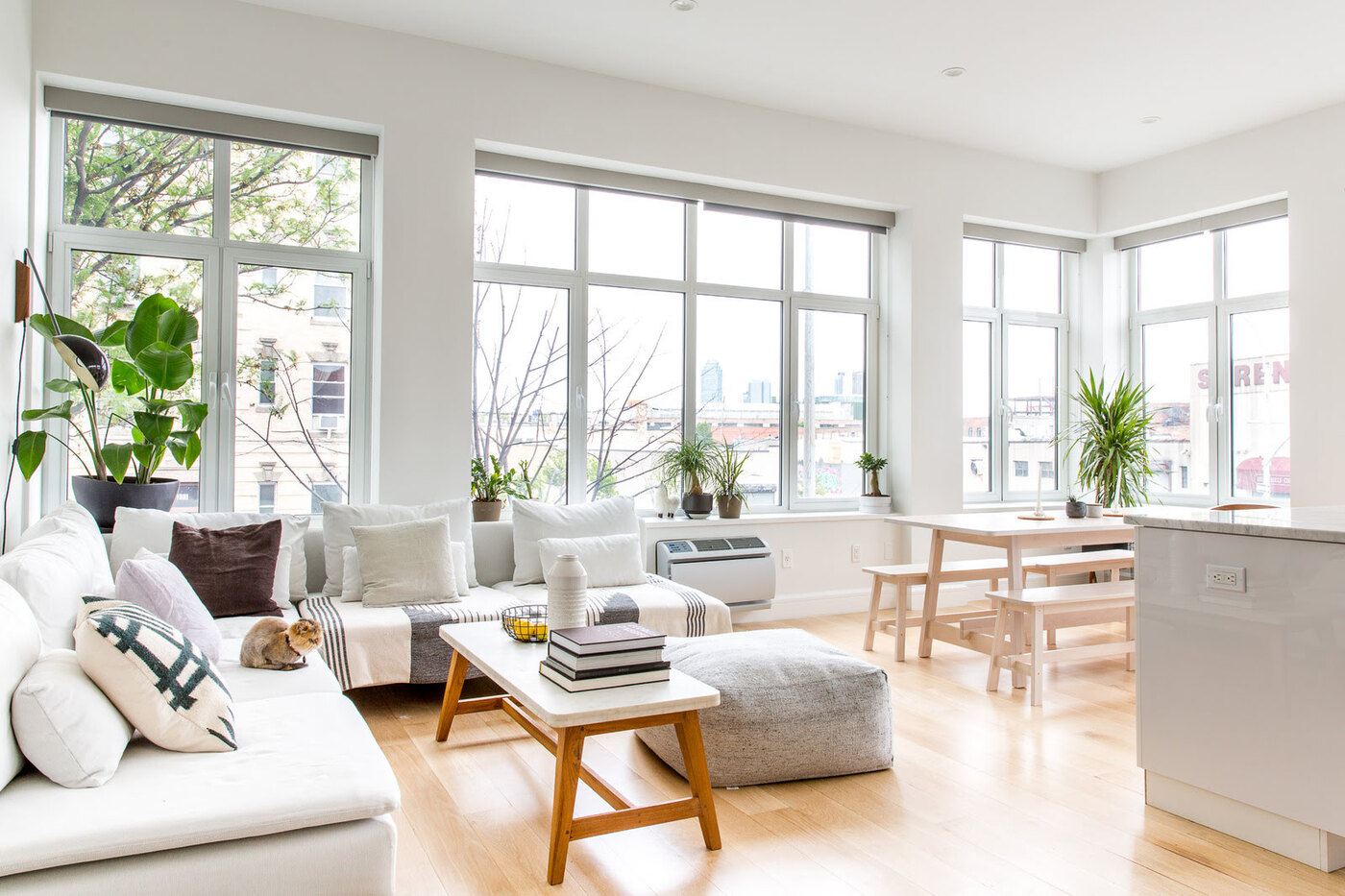

Interior Design
Does A Clean House Make You Happier? The Definitive Answer
Modified: January 20, 2024
Discover the impact of a clean house on your happiness! Uncover the definitive answer through insightful interior design tips. Boost your mood with a tidy home today!
(Many of the links in this article redirect to a specific reviewed product. Your purchase of these products through affiliate links helps to generate commission for Storables.com, at no extra cost. Learn more)
Introduction
Have you ever noticed that when your house is cluttered and messy, it can affect your mood and overall well-being? On the other hand, when your living space is clean and organized, it can bring a sense of calmness and peace. This begs the question: Does a clean house make you happier? The answer may seem subjective, but there is evidence to suggest that cleanliness can indeed have a significant impact on our happiness.
In this article, we will explore the relationship between cleanliness and happiness, backed by scientific studies and expert insights. We will delve into the psychological, physical, emotional, and social benefits of maintaining a clean house. Additionally, we will provide practical tips on how to create and maintain an organized living environment.
So, if you’re ready to discover the definitive answer to whether a clean house can make you happier, let’s dive in!
Key Takeaways:
- A clean and organized home can significantly impact our happiness, reducing stress, improving focus, and promoting better emotional well-being. Scientific studies support the positive relationship between cleanliness and overall well-being.
- Prioritizing cleanliness in our homes not only creates a visually appealing space but also fosters positive social interactions, reduces allergens, and supports physical fitness. Consistent effort and strategic practices can lead to a happier and healthier living environment.
The Relationship Between Cleanliness and Happiness
While it may seem like a simple correlation, the relationship between cleanliness and happiness goes beyond mere aesthetics. Numerous studies have explored this connection and highlighted the positive impact a clean living environment can have on our overall well-being.
One of the key reasons for this relationship is the psychological effect of cleanliness. When we are in a clean and clutter-free space, our minds tend to feel less overwhelmed and more at ease. This can lead to reduced stress levels, increased focus, and improved mental clarity. Additionally, a clean environment can provide a sense of accomplishment and control over our surroundings, boosting our self-esteem and overall happiness.
Moreover, cleanliness has a direct impact on our physical well-being. A clean house is less likely to harbor dust, allergens, and other pathogens that can lead to respiratory issues and allergies. By maintaining a clean living space, we can create a healthier environment that promotes physical health and overall vitality.
Emotionally, a clean house can also have a significant impact on our mood and emotional state. Research has shown that clutter and messiness can contribute to feelings of anxiety, depression, and even feelings of being overwhelmed. On the other hand, a clean and organized space can promote a sense of calmness, relaxation, and happiness.
Lastly, a clean and well-maintained home can also positively impact our social interactions. When our spaces are clean, we are more likely to invite friends and family over, fostering meaningful connections and social support. Additionally, a clean and organized home can give a positive impression to others, improving our social reputation and making us feel more confident in our interactions.
All of these factors contribute to the overall relationship between cleanliness and happiness. By recognizing the importance of a clean living environment, we can strive to create spaces that promote not only physical cleanliness but also emotional well-being and social engagement.
Scientific Studies on Cleanliness and Happiness
Scientific studies have been conducted to explore the link between cleanliness and happiness, providing valuable insights into the impact of a clean living environment on our well-being.
A study published in the journal “Personality and Social Psychology Bulletin” examined the effect of clutter on stress levels and found that individuals with cluttered homes experienced higher levels of cortisol, known as the stress hormone. In contrast, those with clean and organized spaces reported lower stress levels and overall higher levels of life satisfaction.
Another study conducted by researchers at Indiana University focused on the relationship between cleanliness and physical health. They discovered that individuals who kept their living spaces clean had better physical health and fewer symptoms of illness than those living in cluttered and messy environments. This finding highlights the importance of cleanliness in maintaining our overall well-being.
A study published in the journal “Personality and Social Psychology Review” examined the impact of a clean living environment on mental well-being. The researchers found that individuals who reported having cleaner and more organized homes also reported higher levels of positive emotions and life satisfaction. This suggests that the cleanliness of our living spaces can directly affect our mental and emotional state.
Furthermore, a study conducted by researchers at Princeton University investigated the impact of visual clutter on the brain’s ability to concentrate and process information. The findings revealed that too much visual stimuli, such as clutter, can overload our senses and impair cognitive function. In contrast, an organized and clutter-free environment can enhance focus, productivity, and overall cognitive performance.
These scientific studies provide compelling evidence that cleanliness and organization have a significant influence on our happiness and well-being. It is clear that a clean and organized living space can contribute to reduced stress levels, improved physical health, enhanced emotional well-being, and better cognitive function.
By understanding the findings of these studies, we can make a conscious effort to prioritize cleanliness and organization in our homes, thereby promoting our overall happiness and quality of life.
Psychological Benefits of a Clean House
Maintaining a clean house goes beyond just having a tidy and organized space. It can also have significant psychological benefits that can positively impact our well-being.
One of the key psychological benefits of a clean house is reduced stress. When our living environment is cluttered and disorganized, it can contribute to feelings of being overwhelmed and mentally drained. On the other hand, a clean and organized space can create a sense of calmness and order, helping to alleviate stress and promote relaxation.
A clean house can also improve our ability to focus and concentrate. Clutter and visual distractions can hinder our cognitive function and make it difficult to stay focused on tasks. By removing the clutter and maintaining an organized environment, we create a space that promotes mental clarity, allowing us to be more productive and efficient.
Furthermore, a clean house can have a positive impact on our mood and overall mental well-being. Research has shown that a clean and orderly environment can evoke positive emotions and boost our mood. It gives us a sense of accomplishment and pride, enhancing our self-esteem and overall happiness.
Living in a clean house can also contribute to a greater sense of control and mastery over our surroundings. When we keep our living space clean and organized, we feel a sense of agency and competence. This sense of control can have a positive impact on our mental health, as it reduces feelings of helplessness and promotes a sense of empowerment.
Additionally, a clean house can positively impact our sleep quality. An organized and clutter-free bedroom creates a serene and peaceful atmosphere that promotes better sleep. On the other hand, a cluttered and messy bedroom can disrupt our sleep patterns and contribute to sleep disturbances.
Overall, the psychological benefits of a clean house are numerous. It can reduce stress, improve focus and concentration, enhance mood and mental well-being, provide a sense of control, and contribute to better sleep quality. By prioritizing cleanliness and organization in our homes, we can reap these psychological benefits and create a more harmonious living environment.
Physical Benefits of a Clean House
Keeping a clean house not only contributes to a visually appealing living space, but it also has numerous physical benefits that can positively impact our health and well-being.
One of the key physical benefits of a clean house is the reduction of allergens and airborne irritants. Dust, pet dander, pollen, and other allergens can accumulate in our homes, causing allergies and respiratory issues. Regular cleaning, dusting, and vacuuming help to minimize these allergens, leading to improved respiratory health and fewer allergy symptoms.
Additionally, a clean house can reduce the presence of harmful bacteria and germs. Surfaces that are frequently touched, such as doorknobs, countertops, and bathroom fixtures, can harbor bacteria and potentially cause illness. Regular cleaning with disinfectants helps to eliminate these germs, reducing the risk of infections and promoting better overall health.
Maintaining a clean and organized living space can also contribute to better physical fitness. When our homes are clutter-free, it allows for more space to engage in physical activities and exercise. Whether it’s having a designated workout area or simply having enough space to move freely, a clean house can support an active and healthy lifestyle.
In addition, having a clean and well-maintained kitchen promotes good hygiene and proper food handling practices. Clean countertops, utensils, and appliances reduce the risk of food contamination and foodborne illnesses. By following proper cleaning protocols in the kitchen, we can ensure the health and safety of ourselves and our loved ones.
Furthermore, a clean house can contribute to better sleep hygiene. A clutter-free and organized bedroom creates a calm and relaxing environment that promotes restful sleep. A clean mattress and bedding free of dust mites and other allergens can also improve sleep quality, allowing for optimal physical and mental rejuvenation.
In summary, a clean house offers numerous physical benefits. It reduces allergens and airborne irritants, eliminates harmful bacteria and germs, supports physical fitness, promotes good hygiene, and contributes to better sleep quality. By prioritizing cleanliness in our homes, we can create a healthier and more pleasant living environment.
A clean house can contribute to a sense of calm and well-being, but it’s not the only factor in happiness. Finding a balance between cleanliness and relaxation is key.
Emotional Benefits of a Clean House
Having a clean house can do wonders for our emotional well-being. A clutter-free and organized living space can have a positive impact on our mood and overall emotional state.
One of the key emotional benefits of a clean house is the reduction in feelings of stress and anxiety. When our living environment is cluttered and messy, it can create a sense of chaos and overwhelm. On the other hand, a clean and organized space promotes a sense of calmness and order, reducing feelings of stress and anxiety.
A clean house can also contribute to a greater sense of satisfaction and happiness. When we walk into a clean and well-maintained home, we feel a sense of pride and accomplishment. This feeling of satisfaction can boost our mood and overall well-being, creating a positive and uplifting environment.
Moreover, a clean house can improve our mental clarity and focus. Clutter and disorganization can be distracting, preventing us from concentrating on tasks and completing them efficiently. By creating a clutter-free and organized space, our minds are free from distractions, allowing us to focus more deeply and be more productive.
Living in a clean house can also provide a sense of control and empowerment. When our surroundings are clean and organized, we feel a greater sense of agency and control over our environment. This feeling of control can contribute to a greater sense of self-confidence and overall emotional well-being.
A clean house can also inspire a positive mindset and outlook. When we are surrounded by cleanliness and order, it can influence our thoughts and emotions in a positive way. It promotes a sense of harmony and balance, contributing to a more optimistic and positive mindset.
Furthermore, a clean house can create an inviting and welcoming atmosphere, fostering a sense of comfort and relaxation. This can have a positive impact on our relationships and social interactions, as we are more likely to invite others into a clean and pleasant environment, fostering a positive and harmonious atmosphere.
In summary, a clean house offers numerous emotional benefits. It reduces feelings of stress and anxiety, promotes a sense of satisfaction and happiness, improves mental clarity and focus, provides a sense of control and empowerment, inspires a positive mindset, and creates a welcoming and comforting atmosphere. By prioritizing cleanliness in our homes, we can enhance our emotional well-being and create a positive and nurturing living environment.
Social Benefits of a Clean House
A clean and well-maintained house not only provides personal benefits but also has significant social advantages. A clutter-free and organized living space can positively impact our social interactions and relationships.
One of the main social benefits of a clean house is the ability to entertain guests and host gatherings. When our homes are clean and tidy, we feel more comfortable inviting friends, family, and loved ones over. This fosters connections, promotes social engagement, and strengthens relationships.
A clean house also creates a positive impression on others. When we have a well-kept and organized living space, it reflects positively on our personal habits and attention to detail. This can enhance our social reputation and make others feel more comfortable in our presence.
In addition, a clean house can boost our self-confidence in social settings. When we feel proud of our living environment, it translates into greater self-assurance when interacting with others. This confidence can lead to more meaningful and positive social interactions.
Furthermore, a clean house can promote a sense of hospitality. When our homes are clean and inviting, we become more inclined to invite others in and create a welcoming atmosphere. This fosters a sense of warmth and inclusivity, making others feel more comfortable and valued.
A clean and organized home can also facilitate efficient daily routines and tasks, allowing us to dedicate more time to social activities and relationships. When our living space is clutter-free and well-managed, we can spend less time searching for things or dealing with unnecessary mess, freeing up more time for socializing and connecting with others.
Moreover, a clean house can positively impact our mental state during social interactions. When we have an organized and clutter-free space, it reduces potential distractions and promotes mental clarity. This allows us to be more present and attentive during conversations, leading to deeper connections and more meaningful interactions.
In summary, there are significant social benefits to having a clean house. It allows us to entertain guests and host gatherings, creates a positive impression on others, boosts self-confidence, promotes a sense of hospitality, facilitates efficient daily routines, and enhances our mental state during social interactions. By prioritizing cleanliness and organization in our homes, we can cultivate a welcoming and social environment that fosters meaningful connections and relationships.
Maintaining a Clean and Organized Home
Maintaining a clean and organized home requires consistent effort and a few key strategies. By incorporating these practices into our daily routines, we can ensure that our living space remains clutter-free and visually appealing.
1. Regular Cleaning Routine: Establish a regular cleaning routine that includes tasks such as dusting, vacuuming, mopping, and sanitizing surfaces. Break down these tasks into manageable chunks and distribute them throughout the week to avoid feeling overwhelmed.
2. Decluttering Sessions: Set aside time every few months to declutter and organize your living space. Sort through your belongings and be selective about what you keep, donating or discarding items that no longer serve a purpose or bring you joy.
3. Storage Solutions: Invest in storage solutions that help keep your space organized. Utilize shelves, baskets, bins, and labeled containers to categorize and store items. Having designated spaces for everything makes it easier to maintain cleanliness and prevents clutter from accumulating.
4. One-In-One-Out Rule: Adopt the “one-in-one-out” rule to prevent excessive accumulation of belongings. For every new item you bring into your home, commit to removing an older item. This practice helps to keep clutter in check and ensures that your space remains organized.
5. Establish Cleaning Habits: Encourage all members of the household to develop cleaning habits, such as washing dishes immediately after use, making beds in the morning, and putting items away in their designated places. These small daily habits go a long way in maintaining cleanliness and organization.
6. Involve the Whole Family: Distribute cleaning tasks among family members, encouraging everyone to take responsibility for maintaining a clean and organized home. Assign age-appropriate tasks to children, teaching them the importance of cleanliness and instilling good habits from an early age.
7. Regular Maintenance: Stay on top of routine maintenance tasks, such as changing air filters, checking for leaks or repairs, and keeping appliances clean. A well-maintained home not only looks better but also helps to prevent larger issues from arising in the future.
8. Create Designated Spaces: Designate specific areas for various activities and items. Have a designated workspace, a reading corner, a play area for children, and storage areas for different categories of belongings. This not only helps keep things organized but also makes it easier to locate items when needed.
Remember, maintaining a clean and organized home is an ongoing process. Consistency and commitment are key. By implementing these strategies and making cleanliness a priority, you can enjoy the benefits of a tidy and visually appealing living space.
Conclusion
In conclusion, the relationship between cleanliness and happiness is undeniable. A clean and organized home can have a profound impact on our overall well-being, encompassing psychological, physical, emotional, and social benefits.
Scientific studies have shown that cleanliness and organization can reduce stress levels, improve focus and concentration, enhance mood and mental well-being, provide a sense of control, promote better sleep quality, reduce allergens and germs, support physical fitness, and foster positive social interactions.
Maintaining a clean and organized home requires consistent effort, including establishing a regular cleaning routine, decluttering regularly, utilizing storage solutions, and involving the whole family in maintaining cleanliness. By prioritizing cleanliness, we can create a welcoming and nurturing living environment that promotes happiness and a sense of well-being for ourselves and our loved ones.
Remember, the benefits of a clean home extend beyond just appearances. It is about creating a space that nurtures our physical and mental health, enhances our relationships, and fosters a positive and uplifting atmosphere. So, let’s embrace the power of cleanliness and embark on the journey of creating a clean, organized, and happy home.
Frequently Asked Questions about Does A Clean House Make You Happier? The Definitive Answer
Was this page helpful?
At Storables.com, we guarantee accurate and reliable information. Our content, validated by Expert Board Contributors, is crafted following stringent Editorial Policies. We're committed to providing you with well-researched, expert-backed insights for all your informational needs.
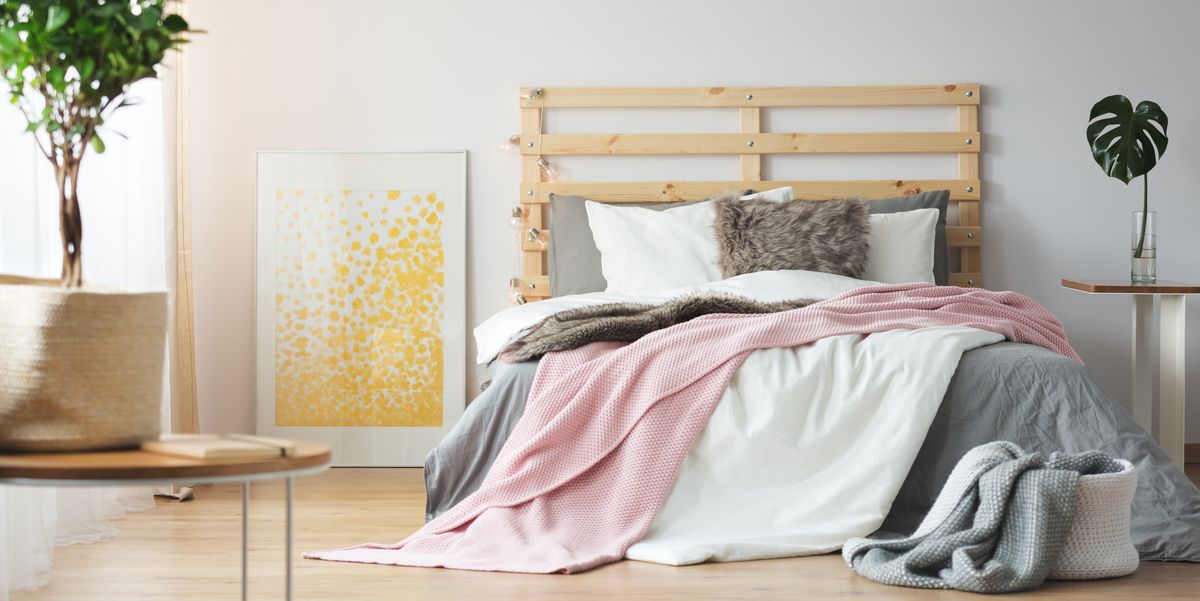
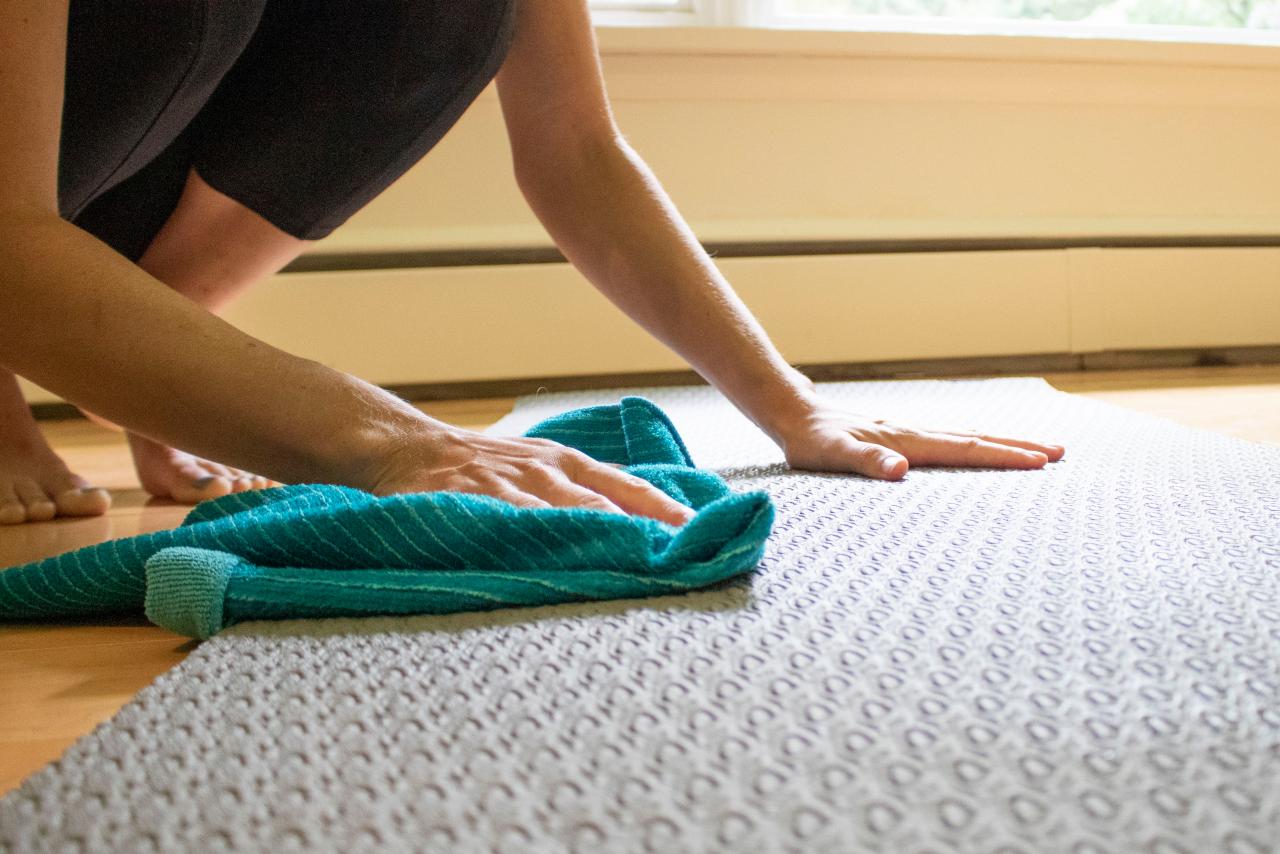
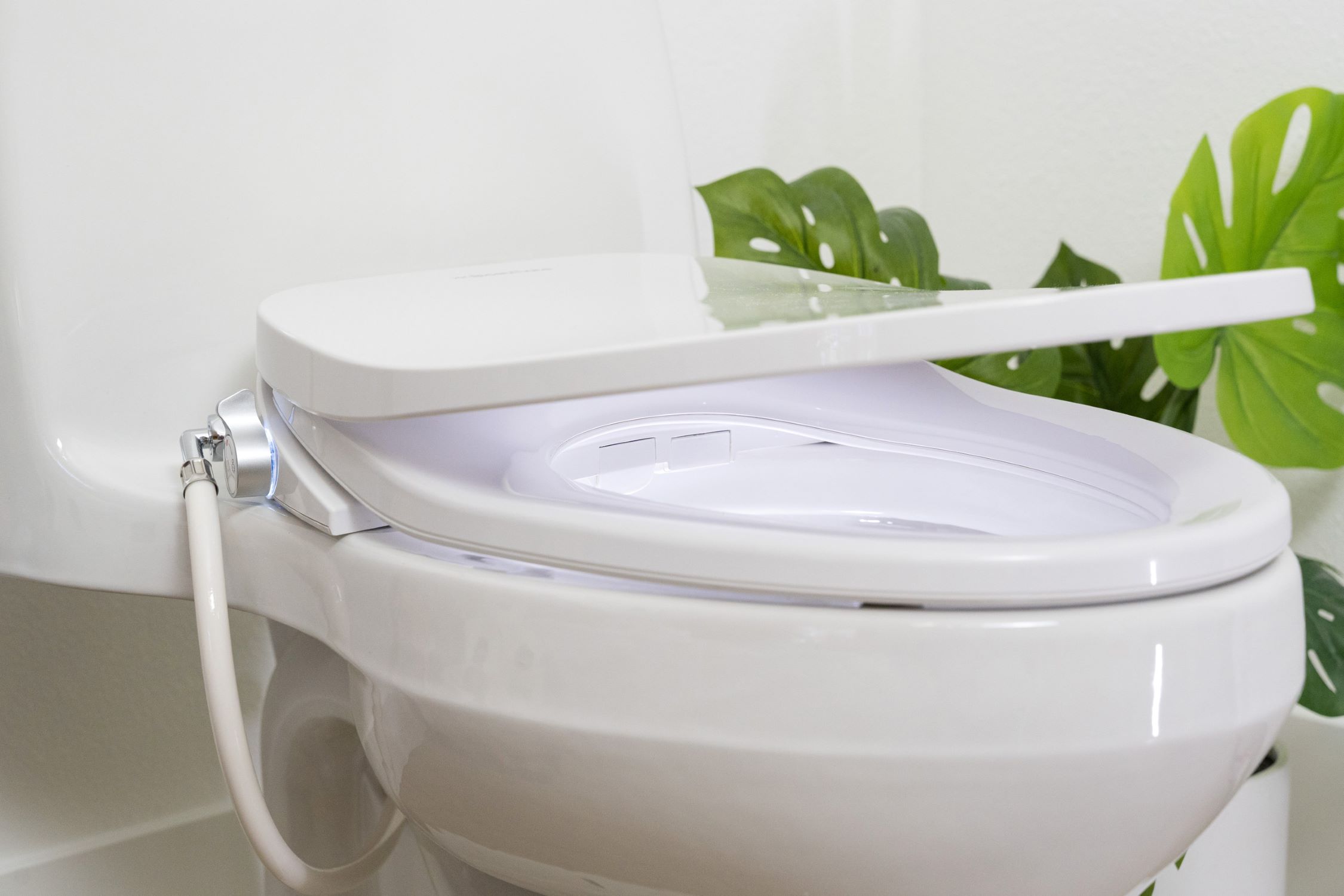
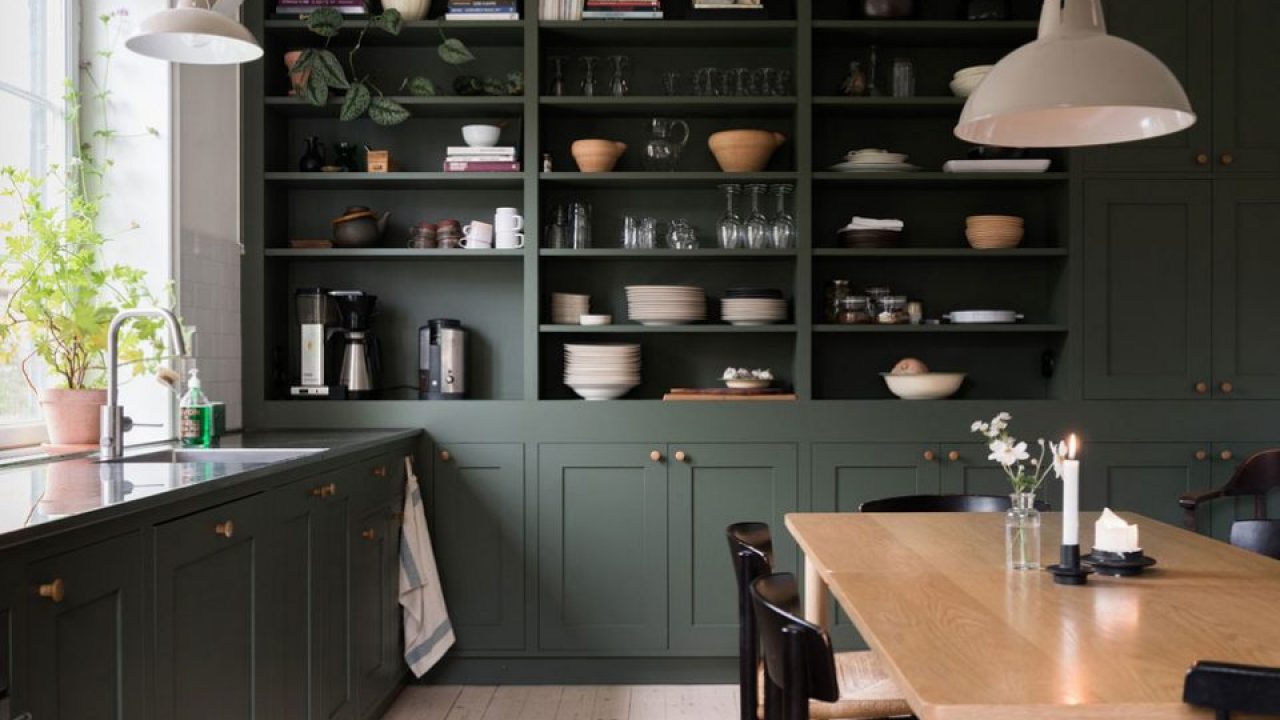
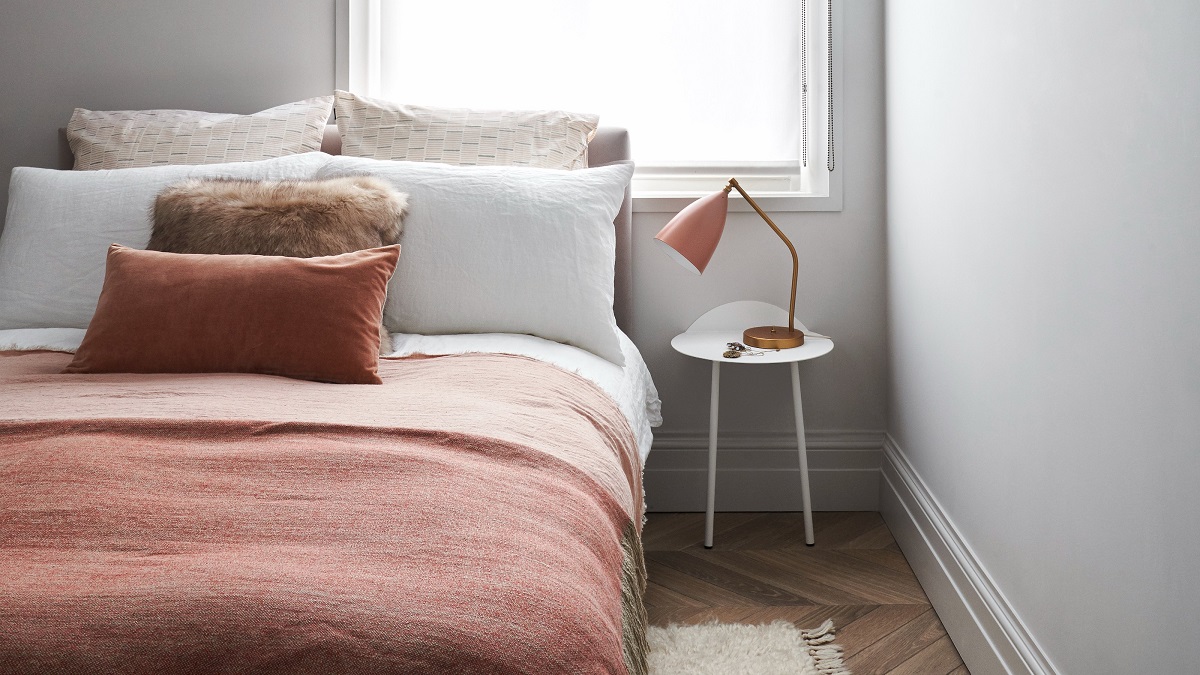

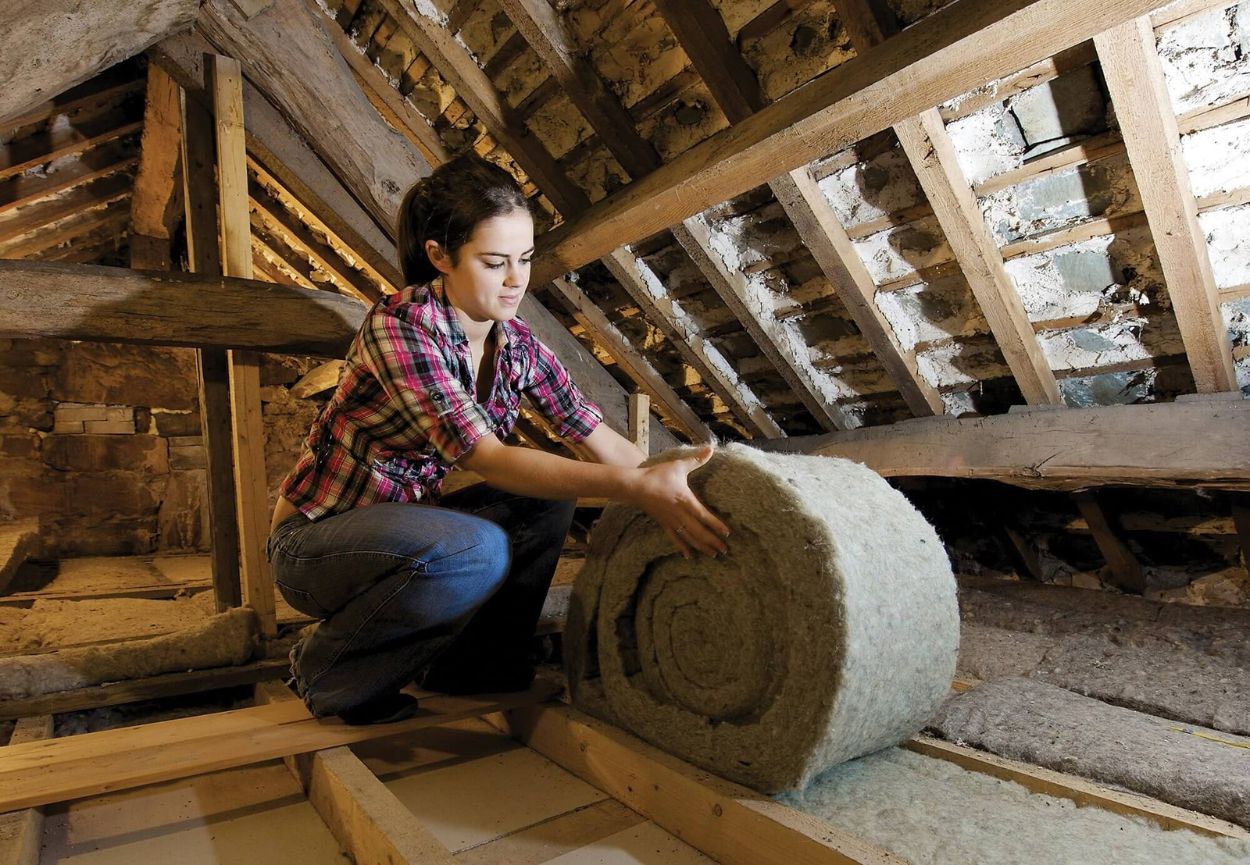

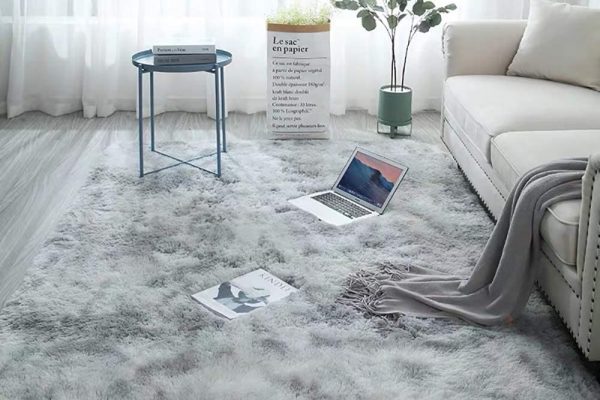






0 thoughts on “Does A Clean House Make You Happier? The Definitive Answer”